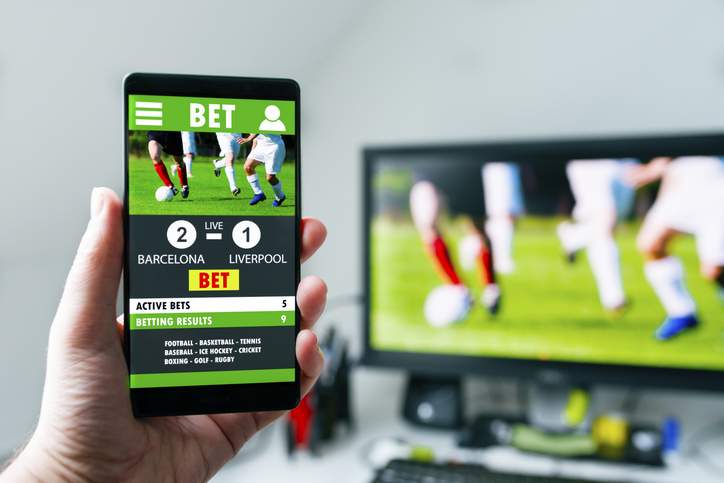Should children and young people be protected better from gambling ads on TV and radio that normalise risky behaviour?
More than 90 per cent of children between the ages of 8 and 16 can recall seeing a promotion for sports gambling, and nearly half have engaged in some form of gambling.
The ACT Government is seeking community feedback on how to limit exposure to these messages, especially as research shows many children do not recognise them as advertising.
The consultation will explore two options:
- Option 1: Restricting gambling advertising from being placed on radio between 6:00am and 8:30am and TV between 4.00pm and 7.30pm, Monday to Friday (inclusive), except on dedicated sports channels.
- Option 2: Restricting gambling advertising in the ACT from being placed on radio between 6:00am and 8:30am Monday to Friday (inclusive), on TV between 4.00pm to 8.30pm (or later), Monday to Friday (inclusive), and on TV between 6:00am and 8:30pm, Saturday and Sunday, except on a dedicated sports channel.
The government is also open to hearing about other potential restrictions, including those targeting subscription television and online platforms.
The consultation period runs from 29 July to 6 September. Canberrans are encouraged to share their thoughts and experiences on the YourSay website.
Shane Rattenbury, Minister for Gaming, said young people were more exposed to gambling advertising than ever before, and were inundated with gambling messages in their everyday lives.
“Exposure to gambling advertising can lead young people to view it as a positive activity, putting them on a path to developing harmful habits in the future,” Mr Rattenbury said.
“Canberrans of all ages love sport, but it’s a passion that has been undermined by gambling agencies targeting some of the most vulnerable fans and spectators. It’s important for kids to enjoy the match, not the ‘multi’, and we are committed to protecting our young people and creating a safer, healthier environment.”
ANU gambling
A study by the Australian National University revealed more people were gambling online.
Between April 2019 and January 2024, participants were asked about their gambling activity over the past 12 months, as well as their general wellbeing.
The number of Australians who gamble is similar to 12 months ago (60.3 per cent compared to 61.3 per cent), but the number gambling at risky levels increased from 11.6 per cent to 13.6 per cent.
“This means a larger proportion of individuals who gamble are experiencing harm,” lead author Dr Aino Suomi said.
“Our data also suggests a move away from venue-based gambling to activities that are readily available online, such as sports betting.”
The most popular gambling activity in 2024 was buying lottery tickets – 46.8 per cent of Australia’s adult population – followed by buying raffle or scratch tickets, gambling on poker machines, and race betting.
Australian men, older age groups and those with lower levels of education gambled more than younger people.
Gambling participation rates declined in the midst of the pandemic, from 65.6 per cent in 2019 to 53.5 per cent in 2021, in part likely due to a lack of access to gambling venues.
“While these rates now seem to have stabilised again, online gambling has exponentially increased, and should now be considered one of the main gambling platforms,” Dr Suomi said
“The unlimited access to online gambling has the potential to cause real harm if not properly addressed.”
Roughly 1.2 million adults, 5.3 per cent of the total adult population, reported being personally affected by someone else’s gambling in the past 12 months. They tended to be younger (aged 18 to 24), earning a lower income, experiencing problems related to their own gambling, and dealing with loneliness or psychological distress.
“If we have more data on this group of “affected others”, we can help understand how to best support them,” Dr Suomi said.
Both papers have been published online as part of the ANUPoll series of reports.



